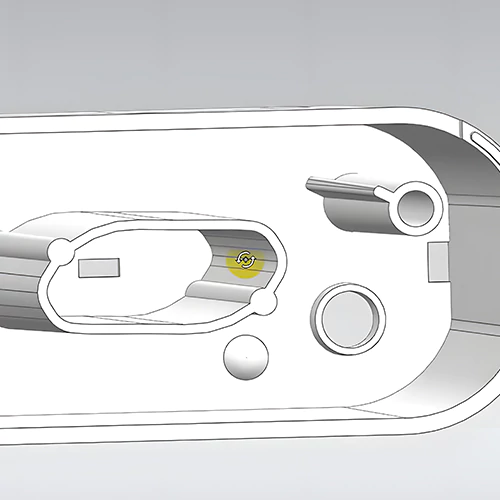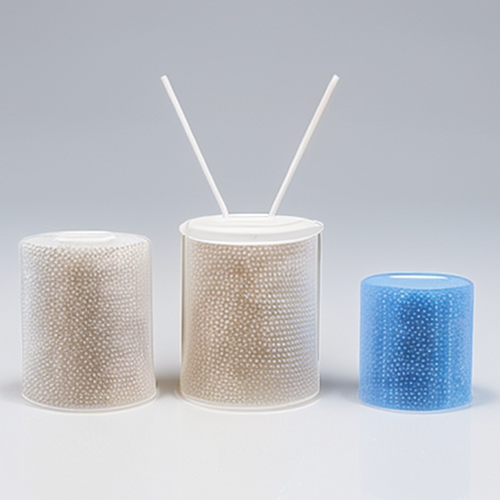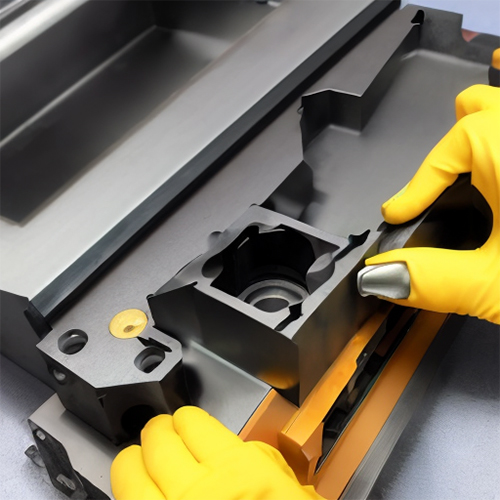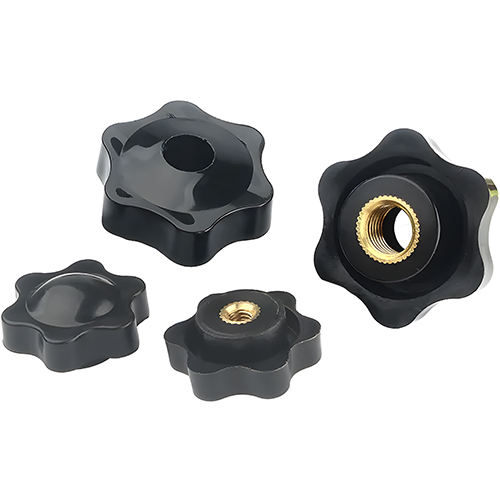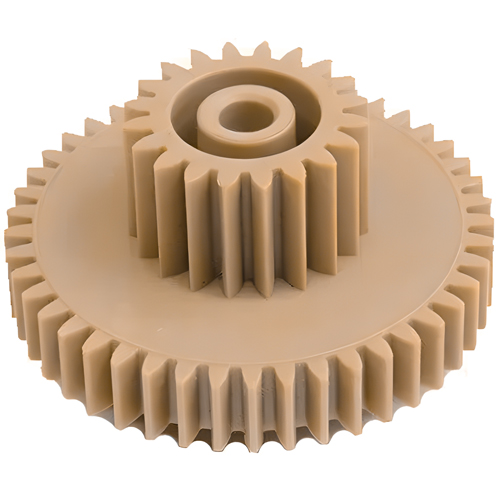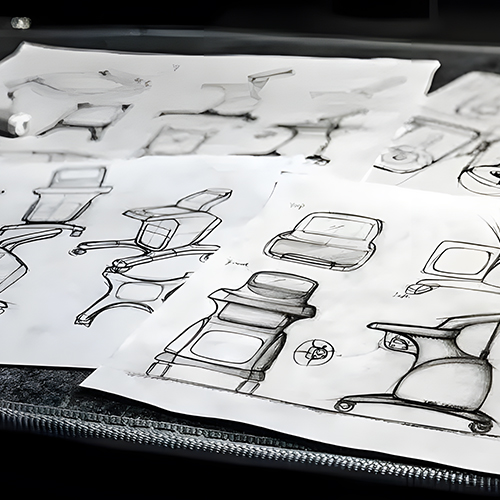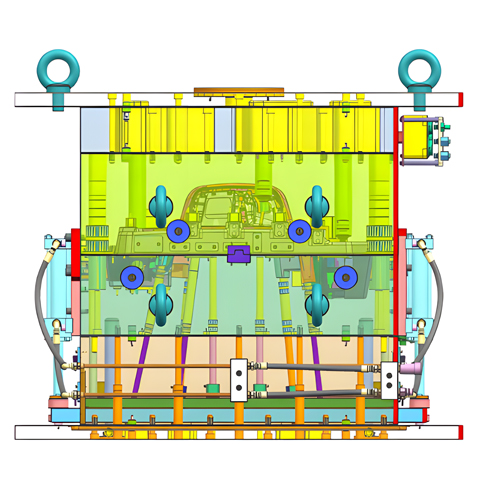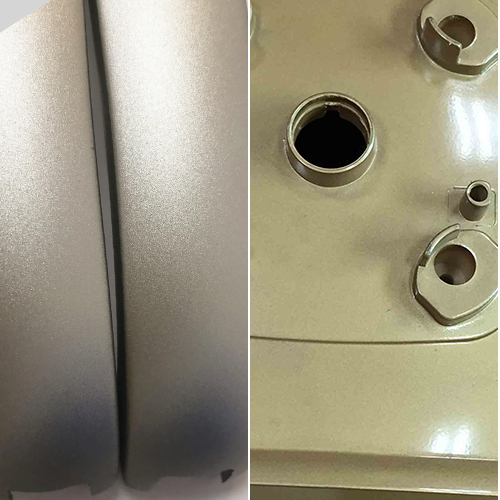Thermoplastics are among the most common materials used to create vital elements and components for our daily life. These materials were chosen for a variety of reasons, the most essential being their superior tensile strength and durability. ABS injection molding is currently one of the most often utilized injection molding methods for polymers.
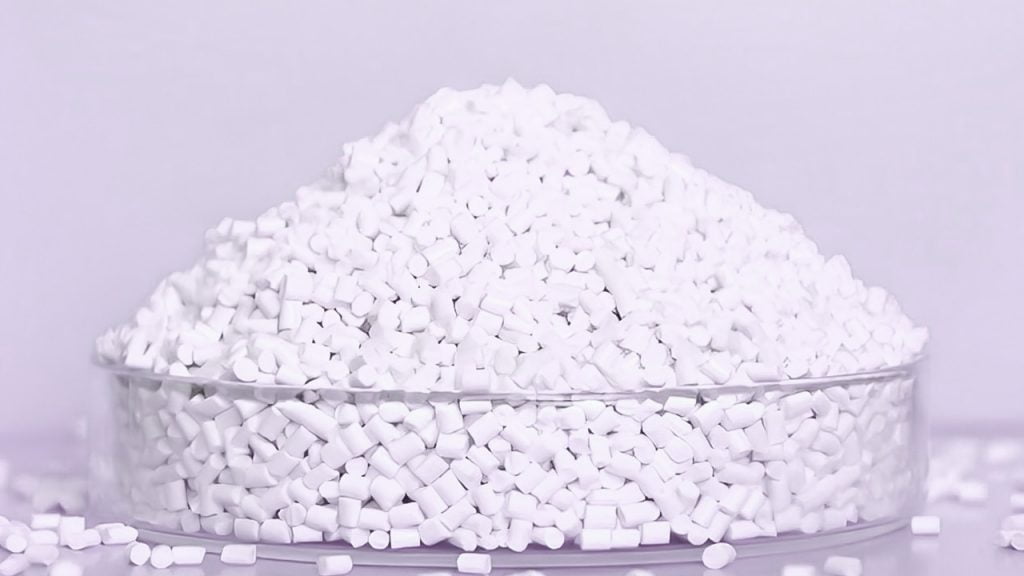
What is ABS Injection Moulding?
Styrene, butadienee acrylonitrile are the three basic components of ABS, a common material para injection moulding plastics. Each of these monomers adds a distinct set of traits that, when combined, produce a robust set of properties in the terpolymer form of ABS.
Acrylonitriles in the “A” of ABS provide the material with its hardness and resistance to heat and chemicals. The letter B, which stands for butadiene, imparts toughness and impact resistance to the material. The letter “S,” which represents styrene, adds gloss, durability, and processability. All of them are also referred to as ABS injection Molded plastic parts.
ABS does not prevent the use of ultraviolet (UV) radiation-resistant additives. Filler materials may be added to injection-molded ABS to increase its strength. Glass, nylon, acrílicoe stainless steel fibers are possible filler materials.
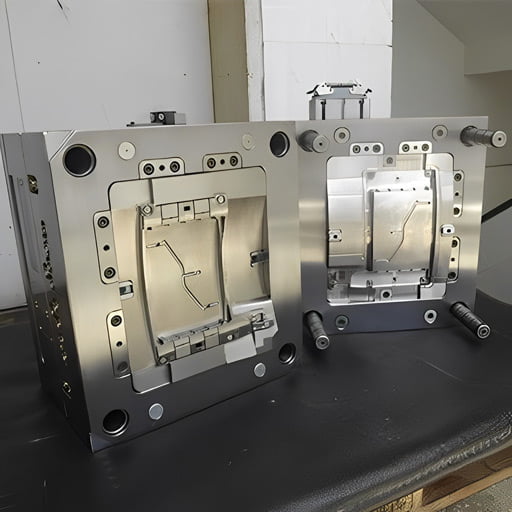
ABS Injection Moulding Price
The acquisition of ABS plastic is inexpensive, and molding it using an injection machine is simple. It is often found in consumer products and electrical components. However, it is not a viable choice for outdoor applications because of its poor resistance to sunlight and the weather.
ABS Plastic Properties
The following are some commonly considered ABS plastic properties:
- Viscosidade
Due to its relationship with viscosity, a measure of a fluid’s resistance to flow, melt temperature is an additional critical aspect to consider while processing materials. When ABS plastic pellets for Injection Molding are melted at temperatures above the material’s plasticizing temperature, the material’s viscosity increases, making it more challenging to form desirable forms, this behavior differs from that of other amorphous plastics, in which the viscosity decreases as the material is heated beyond its processing temperature.
- Temperature Cool
ABS may experience thermal breakdown when warmed, which is the process of chemical bonds breaking down due to heat. The presence of brown granules on injection-molded components shows that the moulding process was conducted at temperatures that were too high. It is often the consequence of using obsolete equipment with poor temperature control.
The molding temperature must be increased to preserve the material’s integrity while making ABS injection-moulded parts with a greater sheen. When working with ABS, the mold temperature must be higher than when dealing with other commonly used materials.
- Pressão de injeção
Due to the viscosity of ABS Injection Molding, injection pressures must be higher than for many other materials; However, lower injection pressures may be feasible for more compact, less complicated, or thicker products. Remember that if the injection pressure is too high, increased friction may cause the molded components to stick, making their removal more difficult and increasing the production cost.
When the pressure is too low, mould shrinkage increases, which might result in out-of-tolerance components that do not meet the specifications for the final application.
- Velocidade de injeção
The velocity of ABS injection molding is another important part of the production process. If the speed is too high, ABS plastic has the potential to catch fire or decompose thermally. As a result, the final product may have defeitos tais como linhas de soldadura, a poor sheen, ou discoloration. However, if the injection moulding process is excessively slow, there is a chance that the mold will not be adequately filled.
ABS material needs a smaller shot size than other polymers in order to attain the same degree of dimensional stability. This leads to a decrease in the quantity of material needed, but it still necessitates the use of suitable processing techniques.
- Radius Size
Due to the fact that the radius size is inversely related to the stress and strain on ABS plastic, it is vital to pay careful attention to it. When the radius is increased, the amount of tension is decreased. Since the wall thickness also determines the radius size, the manufacturer needs to ensure that the radius’s ratio to the wall thickness is not lower than 0.3.
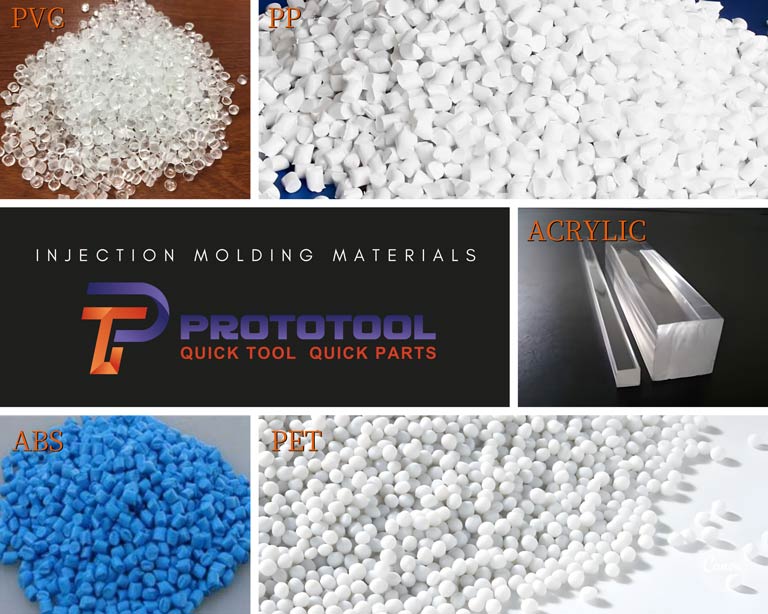
Advantages of ABS Injection Moulding
As a result of the many advantages that can be acquired from ABS plastic molding, it is particularly beneficial in a variety of sectors. The substance has a number of benefits, some of which include the following:
- Energy Efficiency
When it comes to processing thermoplastics, the machines used for the ABS injection moulded plastic parts give outstanding performance. Because of their strength and dynamics, manufacturing performance is guaranteed to be continuous and reliable. Additionally, assisting in the reduction of energy consumption as well as total cycle times is an energy-saving system.
- Variety of Applications
The molding of ABS plastic also offers a very wide range of possible applications. This technology may be modified to operate with ABS resins of a variety of sizes and has exceptional integration capabilities. Because of its adaptability, this manufacturing process can produce components for a wide range of industries.
- Accurate reproducibility
The method of ABS Injection Molding creates complicated pieces that are used in complicated applications. This is often restricted to other methods that include injection molding. Applying complementary methods in conjunction with controlled injection moulding allows the repeatable development of forms and quality molded components. In addition, this material can keep its properties and performance even after being exposed to quite high temperatures.
Disadvantages of ABS Injection Moulding
ABS comes with numerous benefits, but it also has certain drawbacks that should be considered. The following are some of the drawbacks of using this material:
- Low UV Resistance
When exposed to UV rays from the sun, ABS plastic degrades very quickly. When exposed to the sun’s constant UV radiation, its quality tends to deteriorate over time. As a result of this, it is necessary to coat it with a substance that is resistant to UV light in order to provide sufficient protection.
- High Smoke Emission
During the manufacturing process, this substance may emit smoke, although it is not considered dangerous to people. The operators and technicians may be put in harm’s way by this.
- Low Fatigue Resistance
Because of its low resilience to fatigue, ABS plastic may not be the best choice for applications with high-stress levels. It may deteriorate readily if subjected to stress or strain over an extended period of time.
Application of ABS Injection Moulded Plastic Parts
ABS injection molded plastic parts are a kind of thermoplastic that may be used in a number of industries that need the manufacturing of impact-resistant and durable components. Besides, ABS is a thermoplastic, meaning that it does not catch fire when heated. Instead, it is transformed into a liquid during the production of ABS, which greatly simplifies injection moulding and recycling.
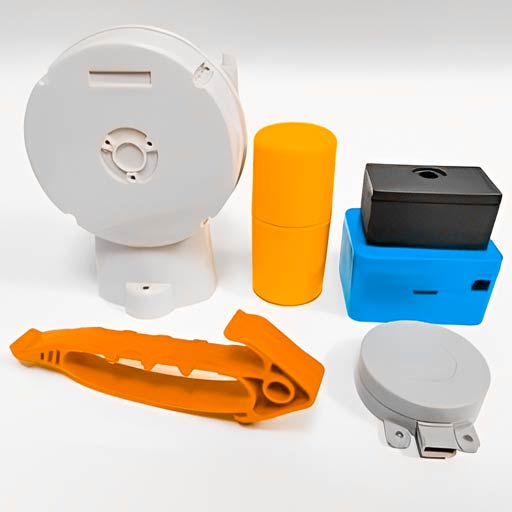
The most common uses for ABS injection molded plastic parts are computer keyboard keys, plastic protective coatings, power tool housings, LEGO sets, and other related goods. The creation of musical instruments and sporting facilities are two more applications. It is also used to manufacture medical equipment, such as compressors and nebulizers.
Every day, we rely on ABS injection molded plastic parts for all of our daily tasks. ABS polymers’ resistance to a broad range of physical and chemical changes is the major reason for their versatility in commercial and industrial applications.
Due to its low melting point and the ease with which it may be machine-processed, it is also one of the most often utilized materials in contemporary moulding. Similarly, the use of ABS plastic resulted in low prices.
- Automobile Industry
It is especially advantageous for lightweight objects and metal substitutes. This material is used for door loners, instrument panels, dashboard components, pillar trim, handles, and seat belts.
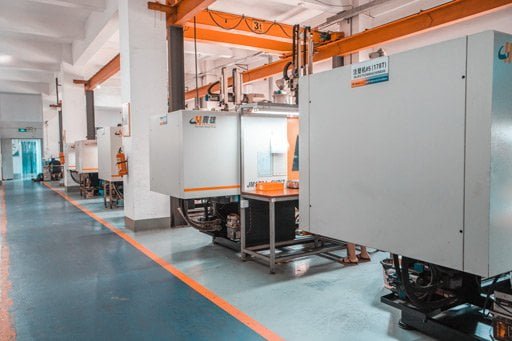
- Commercial Applications
The ABS injection Molding approach has commercial uses, most notably in producing commodities for household consumption. This classification includes goods such as food processors, vacuum cleaners, control panels, and refrigerator liners.
- Electrical Industry
ABS Injection Molding is used in electronic enclosures and computer keyboards, two examples of its use in the electrical industry.
- Construction
Particularly helpful for pipe fittings and other applications requiring comparable materials. This is achievable because of the impact resistance and resistance to chemical and physical change possessed by ABS plastic.
Why Should You Consider ABS Injection Molded Plastic Parts?
There are various applications for ABS Injection Molding; nevertheless, it is most often utilized when the project requires a tough and long-lasting material that is still as light as feasible. It is used in various applications, from household appliances para musical instruments para computer parts.
Conclusão
Considering ABS is a common material for moldagem por injeção, you could assume that any manufacturer you approach would be capable of producing the components you need. While many injection molders are well-versed in the product’s advantages and applications, they are often ignorant about ABS injection molding’s material properties and the challenges it presents in production. Therefore, we hope this guide clarifies any doubt that there is and helps you throughout your decision-making process.

